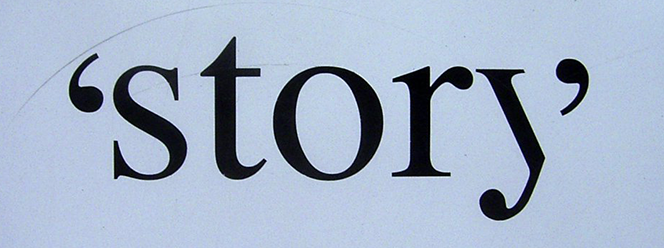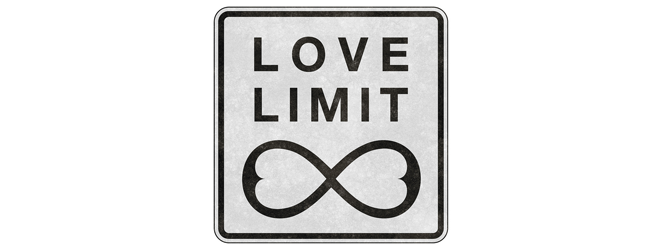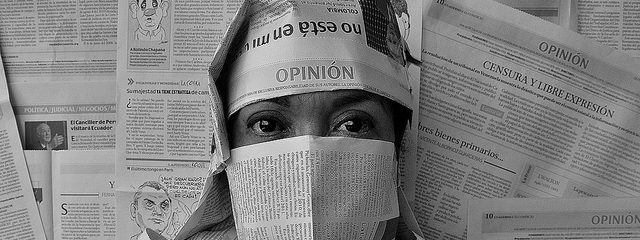
by Tara Joyce | Jan 27, 2016 | Cultural Creativity, Personal Branding, Self/Business Growth

In whatever shape it may take, whenever I hear a story, I find myself wondering how it is serving the person who is telling it. I understand what’s being presented is not the whole story, and perhaps, it’s not even half. It’s the version of the story the storyteller wants to share with me and it’s the version of the story they want to see.
We can have a lot of unconscious motivations and intentions behind the stories we tell, and while it would be lovely to think they are all pure and love-filled, this may not be true. We share stories to share a story—to share a version of events that we feel will be emotionally impactful. It’s not the truth per say, otherwise we might call it that.
I suppose I don’t put a lot of value on my own stories and those of others. They are there to entertain and educate, but to hold them as “the truth” and/or to hold my own experiences up to them in comparison, feels like a fool’s game. A story might sound complete but the truth is, it only contains the parts wanted to be shared, the parts that keep it intact and “true.” The whole truth is far more nuanced and complex than any story can tell.
Stories by their definition and essence are leading. They are meant to take you on a journey where the course has already been planned. We need to see stories as such, for our own health and happiness. We need to know they are not “the truth,” and are not intended to be. They are simply creations of our experience and our imagination, and how we need to perceive things. There is no need to attach to them.
Write your stories. Love your stories. And acknowledge them for “the truth” they are not. See the stories you attract—and are attracted to—for what they are: expressions of you, and how you perceive your world.
photo credit: duncan c

by Tara Joyce | Dec 4, 2015 | Personal Branding

It’s About Sharing.
While the web is a powerful tool for developing our personal brand, it’s important to remember that the web isn’t primarily a medium for information, marketing, or sales. It’s a place for people to meet, talk, create, disagree, rant, and love.
In a similar vein, authentic marketing is about creating conversation and connection. You cultivate this by sharing what you care about, and what you know.
Putting this understanding together, that the web is a medium to connect with people, and marketing is a means for creating connection, we can conclude personal branding is about using the resources you have available to share your authentic signal, your perspective of the world, and trusting your right people will connect with the unique value your expression creates.
Four other things I think I know about personal branding are:
1. It’s a table for two.
2. The more value in your signal, the stronger it will be.
3. Your point of view matters.
4. There is no demand for your message.
photo credit : Lena

by Tara Joyce | Mar 27, 2015 | Cultural Creativity, Pay What It's Worth Pricing

Can you really know your value?
Is it a fixed thing?
Is it of value to quantify your worth?
These questions intrigue my mind.
To explore this curiosity, I developed a (business) practice of not setting prices. In this system of pricing, I place no limit on the value of my offerings, and instead I trust and guide my customers to fairly determine the value of what they’re receiving, and the price they pay for it.
In not setting a price on the value of my service, I’ve come to understand something powerful: the only real limits to your value are the ones you place on yourself.
Your value doesn’t have a limit, unless you choose for it to. It’s not a fixed thing; it changes, rises and falls, relationship-to-relationship, exchange-to-exchange, and it grows as you learn to value yourself more responsibly.
The heart of it is: your worth, and the value you place on it, sets your intentions for what you receive. You have the power to choose how limitless you truly are.
There is no need to fix or limit your value; rather there is a necessity for you to grow into your awareness of it and your boundaries around it. In my experience as you do you’ll find your world, and the value of it, grows graciously with you.
A version of this article was originally published on Fine Lines.
photo credit: Nicolas Raymond

by Tara Joyce | Feb 26, 2015 | Cultural Creativity

Can competing not help to better me, without needing to create conflict in my inner self and my outer world?
It’s not competition itself that creates conflict in my inner being, but rather the intention behind that competition. Competing because I desire victory, and being a winner at the hands of another being a loser, undoubtedly creates conflict. For I have unconsciously decided that I am not enough, and that I’ll be more if someone else is less. Competition, in this intention, is an act of being better than others, and reducing myself. It’s an ego concept that invariably creates distress.
However, if I see the value in the (competitive) action done for it’s own sake, whether alone (competing with myself) or in the company of others (competing against other competitors), it can bring out the best in everyone. In this instance I am doing my best — and wanting others to do the same. Which is rather empowering and transformational, and conflict-free.
The beauty of competing for my best self is the only person I am “beating” and surpassing is the older me, and I “win” by becoming a better version of me — and helping you to do the same. I don’t know of a more valuable and supportive outcome to create than that, do you?
photo credit: tableatny

by Tara Joyce | Aug 29, 2014 | Cultural Creativity

People will always have their opinions. And some of them may be about you, and about your work.
An opinion is simply one person’s point of view, one person’s way of seeing things. It’s no stronger or weaker than any another perspective. It’s no more true or false. It’s simply one person’s judgement. Nothing more.
It’s the way in which one delivers their opinion and why, that allows their perspective to hold more weight or less. How do you deliver your perspective? And why do you present it? Within these answers lies the true value of the opinion.
Not everyone needs to like you, or your work. You need to like you, and your work. You need to be proud of what you accomplish and create for yourself. In holding this space, in honouring the value of your contributions and growth, you can see more clearly the value (or lack thereof) of another’s opinion.
The people who judge and criticize can and will. Because they need to — in the same way you need to create. That’s their stuff. And it has nothing to do with you, or your work. It’s their stuff when they need to highlight the embarrassment of others expressions. It’s their stuff when they demean those who are vulnerable enough to reveal themselves completely. The amount of truth and value that lies in their perspective is yours to determine.
The people who praise and support can and will. Because they need to — in the same way you need to create, and others need to criticize. Similarly, the amount of truth and value that lies in their perspective is yours to determine.
You make the choice to be who you are, to take risks, to be vulnerable and expressive, and you get to choose how you want to process and respond to the opinions’ others may have of this choice. Positive, neutral, and/or negative. With every opinion you receive, YOU have the power to determine the importance you give to it, and the person presenting it. All opinions are not created equal.
photo credit: Ahdieh Ashrafi










